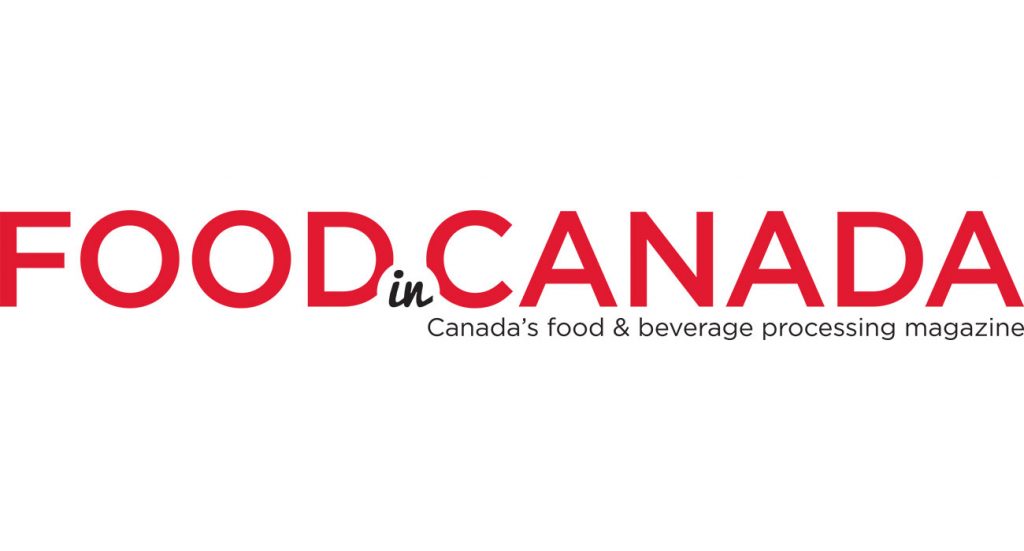Labelling reforms, environmental concerns in focus at inaugural food law summit

The Canadian Institute held its inaugural Advanced Summit on Food Law and Regulation Canada, October 4-5, 2023, bringing together professionals from across the industry, including food companies, law firms and government.
The Summit examined the existing regulatory framework for foods in Canada, as well as the opportunities and challenges arising from industry innovation and an evolving regulatory landscape. The co-chairs observed that regulators and business both need to work to understand each other in order for there to be better regulations and better compliance. To that end, officials from Health Canada and the Canadian Food Inspection Agency (CFIA) participated in panel discussions on current and anticipated legal and regulatory developments. They were also able to take in presentations by those from within industry, on topics ranging from labelling to recalls, and plant-based foods to cell-cultivated products.
Attendees had the opportunity to hear about the experiences and perspectives of individuals from leading Canadian food companies, such as Maple Leaf Foods, Ferrero Canada, Nestle Health Sciences, Cargill, The Kraft Heinz Company, Kellanova (the recent spin-off of Kellogg Canada) and Smucker Foods of Canada. The discussions highlighted the multitude of recent and prospective labelling reforms, including the 2016 nutrition labelling reforms, nutritional symbol labelling, specific labelling requirements for supplemented foods and possible changes to allergen declarations and food standards of identity (potentially impacting common names).
Another labelling consideration that is top of mind for many companies is the proposed recycling symbols under Canada’s Zero Plastic Waste Agenda. The proposed labelling requirements are just one element of Environment and Climate Change Canada’s (ECCC) strategy to reduce plastic waste and move towards a circular economy and lifestyle approach to plastics. In addition, ECCC, Health Canada and CFIA are evaluating regulatory and non-regulatory controls to minimize use of and exposure to Per- and Polyfluorinated Substances (PFAS) (so-called ‘forever chemicals’), which can be found in food packaging (among other products). These targeted environmental regulatory changes can interplay with a company’s ESG strategy and reporting, another important topic covered during the Summit.
While the focus of the conference was food law and regulation, there was a recognition that such matters are not solely the purview of the legal team – food law considerations permeate the business, making cross-functional collaboration critical within organizations. As just one example, the Summit included a panel on advertising food to children, which is currently regulated in Quebec and is the subject of its own Code for the Responsible Advertising of Food and Beverage Products to Children administered by Ad Standards. The current framework was compared to Health Canada’s proposed policy on restricting food advertising primarily directed at children and Bill C-252: Child Health Protection Act current working its way through parliament.
The Summit highlighted the broad scope of legal and regulatory challenges that the food industry must manage, while also developing innovative products for consumers and operating in the context of increased focus on environmental and social concerns in modern food supply. With the industry becoming ever-more complex, cross-functional and cross-industry collaboration will be vital to the continued success of Canadian food businesses.
Katrina Coughlin is a partner in the Ottawa office of Gowling WLG, specializing in food and drug regulatory law.
Source: www.foodincanada.com

